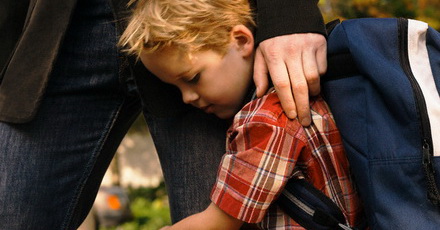
Should they see someone to talk about it?
Grief and loss are universal human experiences that affect individuals of all ages, including children. The emotional impact of losing a loved one or experiencing significant life changes can be profound for young ones, and it is crucial for caregivers and society to provide support during these challenging times.
According to statistics, around 5-10% of children will experience the death of a parent or a sibling before the age of 16. However, it is essential to remember that grief extends beyond the loss of a family member and can include other significant life events such as divorce, relocation, or separation from loved ones.
Children’s understanding of death and their ability to process grief varies based on their age and developmental stage. Younger children may struggle to comprehend the permanence of loss, while older children may experience complex emotions and engage in more mature expressions of grief..
During the grieving process, children may exhibit a range of emotional and behavioural responses that are considered normal and part of their journey toward healing. However, there are some symptoms that, when persistent or severe, may indicate a need for additional support or professional intervention.
If you are experiencing thoughts of suicide, contact crisis support services such as Lifeline (13 11 14), the Kids Helpline (1800 55 1800) or the NSW Mental Health Line (1800 011 511).

